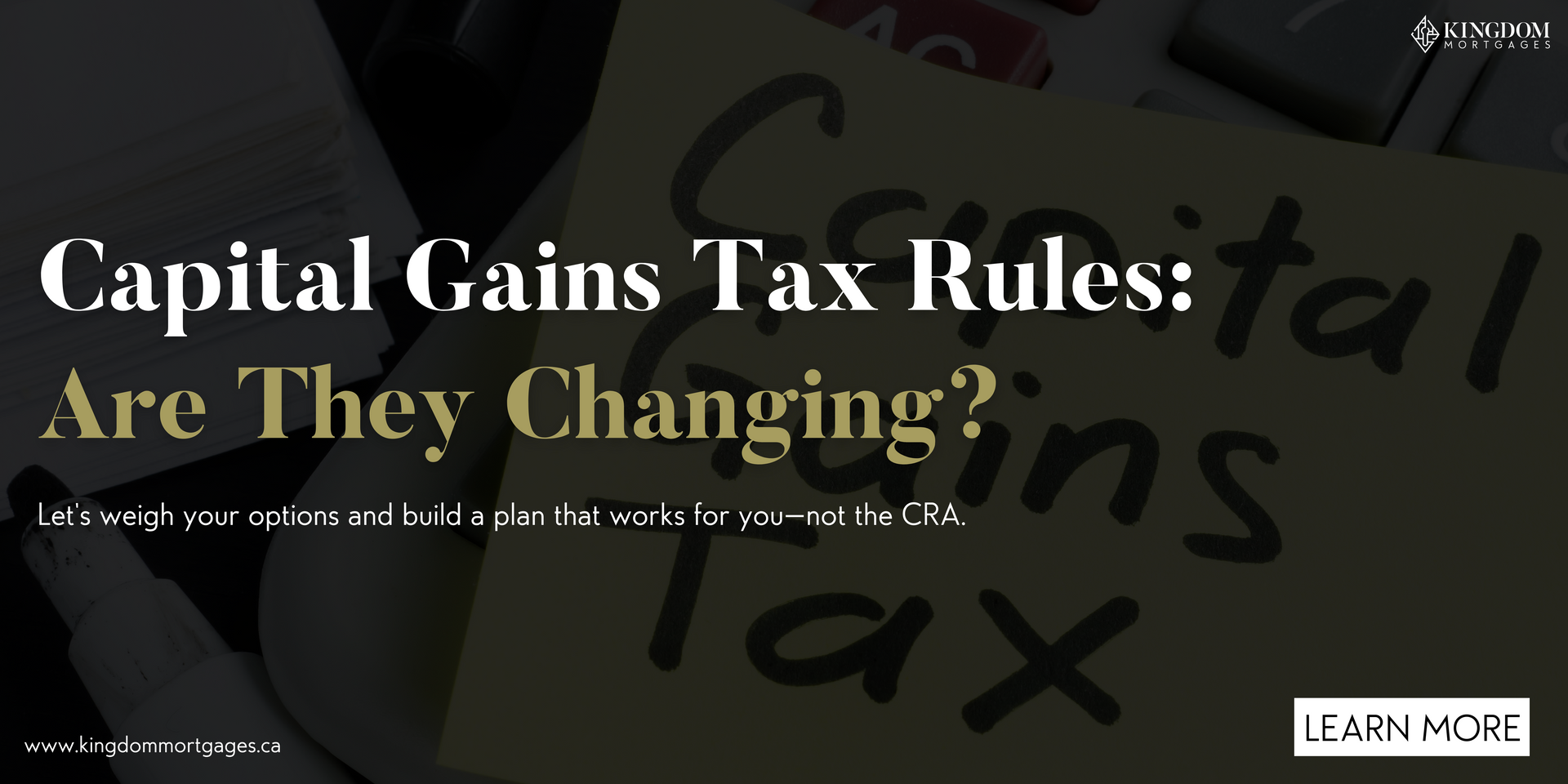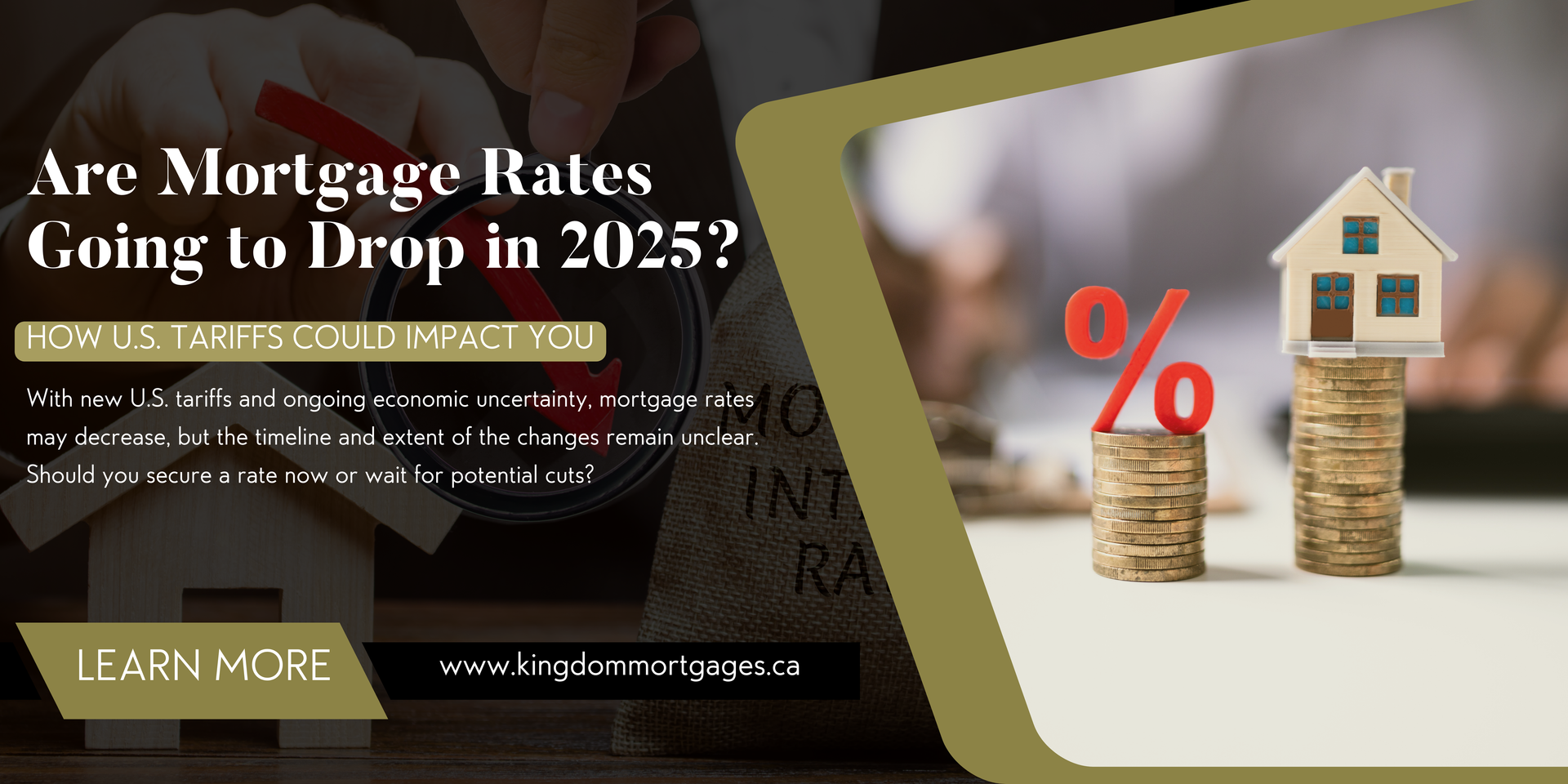The Four Expenses You May Overlook as a First-Time Homebuyer

In any situation, even the most organised and detail-oriented people can overlook something they knew nothing about and entirely unexpected. Purchasing a home is no different. This article outlines some of the most commonly overlooked expenses by first-time homebuyers so that you can avoid the same mistakes and hopefully a few surprises.
Closing Costs
Closing costs include expenses beyond the property's price that buyers and sellers can suffer to complete the real estate transaction procedure once the seller accepts your offer. Before securing this significant addition to your assets, consider the costs listed below:
1. Insurance;
2. Loan origination fees;
3. Taxes (Property, Land Transfer, and others depending on the province);
4. Appraisal fees;
5. Legal/notary fees;
6. Inspection/appraisal fees.
7. Surveys;
8. Credit report charges.
Standard market practice suggests holding at least 1.5 per cent of the purchase price as a provision for the closing costs mentioned above. Consider speaking to a specialist, such as a mortgage broker. A broker can help determine how much to set aside in your unique case.
Upgrades and Renovation
Builders usually use the latest available technology as per the market. Even just a couple of years old, older homes may require some renovation and updates before you can move in. If not now, expect to do some as soon as five years down the line. In either case, setting aside some money each month for these situations is a vital step.
Conduct a thorough home inspection before finalising the purchase, and then create a list of your observations. Separate the list into two categories: necessary and aesthetically pleasing. Then prioritise each item on that list, so you know what to tackle first. Typically, cover topics like:
1. Room extensions;
2. Garden landscaping;
3. Retiling floors;
4. Repainting walls;
5. Changing fittings.

Utility Bills
Utility costs make up the bulk of your living expenses and vary according to the climate in your area, the home's size and the technology's age. So, suppose you move into a larger space and a more varying environment. In that case, you will require more heating or cooling, and therefore, you can expect a higher bill. Similarly, you need far more water to sustain a more extensive garden.
Furthermore, as a homeowner, you must cover the entire cost. However, landlords sometimes cover a portion of your utility bills or your cable/internet in rental property, depending on the contract. Typically, utilities include:
1. Electric Bill;
2. Gas Bill;
3. Water and Sewage;
4. Trash and Recycling;
5. Internet, Telephone and Cable.
Before moving in, consult family members, friends, your mortgage broker or your potential neighbours to identify realistic pricing in that area for cable, internet, water and heat.
Regular Maintenance
Any homeowner will tell you that regularly maintaining a house yields dividends in the long run. Problems do not pile up, and you stay updated with current trends and technologies. Typically, home maintenance includes:
1. Roof repair and insulation maintenance;
2. Clearing rain drainage and sewerage;
3. Cleaning furnace and boilers;
4. Repairing drywall and insulations;
5. Plumbing and electrical fixes;
6. HVAC and duct cleaning.
Annually review your maintenance history and make adjustments to next years plan and budget. The age of your home, area covered, and local climate all play a part in changing how you conduct maintenance.
In conclusion, as a first-time property owner, save yourself from the shock and stress of spending more than planned. The four costs mentioned earlier are by no means challenging to manage. As a rule (as advised by CMCH), ensure that you have a budget set aside each month that stays under 39 per cent of your monthly income. This percentage includes mortgage payments and all other housing costs. It will save you from panic attacks in the long run and allow you to enjoy your new home.

Get in touch with me if you have any further questions to discuss.
Rodney Schunker | Mortgage Broker (Lic. M12000165)
Cell: 416-697-6423 | Toll Free: 1-855-787-7723
Fax: 1-855-787-7723 | Web: www.kingdommortgages.ca
Mail: 10 George St North, Suite 202, Brampton L6X 1R2
Email: schunkerr@gmail.com
Rock Capital Investments Inc. Brokerage #10556. Each office is independently owned and operated. Proud member of Mortgage Centre Canada.











